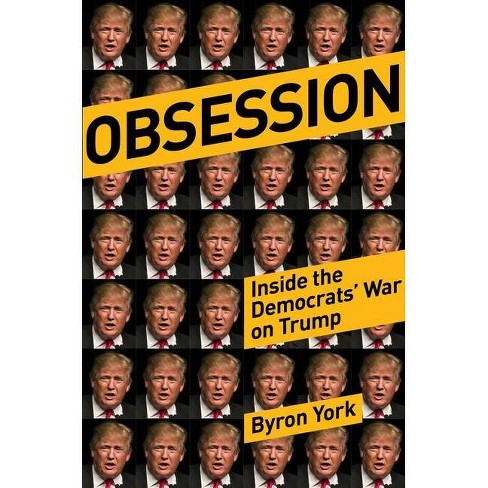
Part 2 of my Notes on Obsession by Byron York
The Mueller team spent most of 2018 seeking obstruction of justice by Trump and others for a non-crime.
That might be the most frustrating part of any special council,
the ability to force testimony and set up perjury traps. This is why no
one from Trump’s team wanted him anywhere near an interview room. For Trump’s
part though he was ready to go. I don’t think this was an act either. It’s in
his nature to believe that he can sway opinion through the sheer force of will.
At his core he is a salesman. The deals he made with his lenders on real estate
projects speak to his belief in himself. It’s also the thing that got him in
trouble with James Comey.
It’s easy to look back now and say that Comey should have
been fired right after Trump took over. He always allowed Comey to meet in
private with him and discuss Flynn. The whole Steele dossier mess happened when
Comey agreed to brief the president on the ‘intelligence’ about Russian hookers
in his room in Moscow. None of it was confirmed. It was salacious stuff meant to be leaked
to the press; it didn’t
matter that none of it was true. It just needed to be reported. I doubt anyone
with the president’s interest would have allowed that kind of unconfirmed
intelligence anywhere near the Oval Office. But Trump always believed he could
get Comey on his side. It cost him dearly because he trusted the FBI chief.
Naturally the Mueller report was a dud. All this excitement
and bogus information from the press for two years amounted to the special
counsel saying “yeah we didn’t find anything”. Actually what they found was nothing
on collusion; they remained inconclusive on obstruction. The reason I said it
was the “most frustrating part” was that Robert Mueller and his team invented a
new legal standard, the “not exonerated” standard. Their conclusion from the
tedious two and half year report, on obstruction of justice, was “we can’t
confirm and we can’t deny”. This was beyond their authority. It’s like the
prosecutor in a murder trial case saying “Well we couldn’t find evidence
that Mr. Santino ordered the hit, but we can’t say he didn’t either”. Nonsense.
If no evidence is found you walk away. You don’t get to prove innocence.
I’m sure Mueller’s prosecutors know this. But because of politics
they needed some way to hang suspicion over the president. They needed something
that would hint at wrong doing beyond the black and white report. I read just
last week that the team of lawyers on the Mueller team ‘wiped’ their phones.
Imagine if anyone from the Trump administration tried that. The information is retrievable
through the NSA’s database though. If Trump gets reelected I think a lot of
these guys are going to jail, or at least in serious legal trouble.
The last thing I’ll mention is the failure of Mueller
appearing before the intelligence committee to answer questions in his report.
Bob was abysmal. He couldn’t remember significant details of the case, needed an
aid to explain questions and had to walk back answers the following day. York
and others think he had declined significantly since the beginning of the
investigation. It suggests maybe Mueller wasn’t really doing the work anyway
and farming it out to others. Was he really as slow as he appeared or was he
playing up the I’m-just-an-old-guy-who-forgets defense. If his signature
investigation was a waste of everyone’s time, how best to distance himself from
it? Make it look like he wasn’t really in charge and never had been.
OK so maybe it’s far-fetched but a lot of people in the
Democrat party were counting on Mueller finding fraud and election
interference, or at least obstruction. They needed something concrete to take
to the American people and say “See! Trump stole the election now he’s going to
be impeached!” To say the leadership in the House was disappointed is to
understate the obvious.
It’s why they were so quick to with their next move, the
whistleblower complaint.



